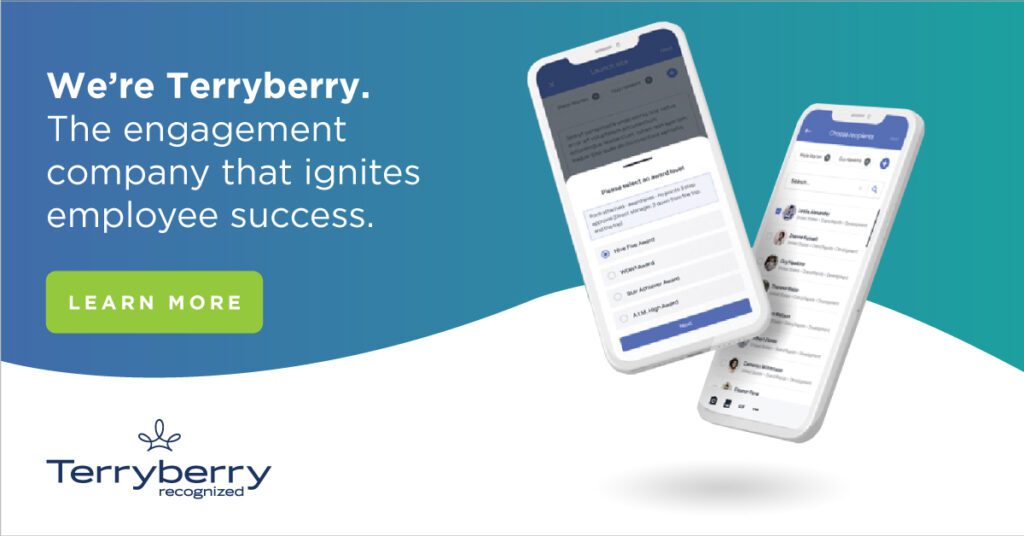January 25, 2023


When you think of the great leaders of the world – Martin Luther King Jr., Gandhi, Mother Teresa – what comes to mind? Perhaps it’s their ability to unite people. Maybe it’s their ability to inspire, or maybe it’s how they were able to communicate their ideas.
Whatever it is, it’s likely a soft skill.
Although often overlooked, soft skills are crucial for strong leadership. While some individuals may be exceptional at their job, without these soft skills, they’ll likely fall flat as a leader.
Here, we’ll discuss what soft skills are, why they’re important, and how to develop them in your team.
What are Soft Skills?
Commonly known as “people” skills, soft skills are the interpersonal skills that impact relationships. These skills tend to fall under what’s known as emotional intelligence.
Oftentimes, soft skills are somewhat subjective and can be challenging to measure. Think: having empathy, being a good listener, or the ability to teach.
Conversely, hard skills are more objective and easier to measure - like learning a computer program, knowing how to drive a forklift, or be able to conduct data analysis.
When it comes to the workforce, effective leaders need a balance of both hard and soft skills.
Why are Leadership Soft Skills Important?
It’s an unfortunate truth that oftentimes employees quit not because they don’t like their jobs, but because they don’t like their managers. In fact, 46% of respondents in a recent Ten Spot survey said they currently have a manager who makes them want to quit their job.
And quitting is bad for business - it’s estimated that employee turnover results in $1 trillion lost annually.
Furthermore, ineffective management can negatively impact morale and engagement, as well. Research shows an engaged workforce can increase profitability by 21%. However, according to Gallup, 51% of US employees are disengaged in their work, while 13% are actively disengaged.
While it can be hard to pinpoint specifically how ineffective management can impact your company and your employees, striving for better leadership can be a significant driver of employee engagement. And one way to improve leadership is to improve soft skills.
RELATED: 8 Powerful Drivers of Employee Engagement You Need to Know
Additionally, as automation and AI continues to appear in more industries and affect more jobs, soft skills will prove to be all the more valuable. In fact, LinkedIn's CEO Jeff Weiner said soft skills are more important than knowing how to code in today's job environment.
Examples of Leadership Soft Skills
There are a wide range of soft skills that help make managers and leaders effective. These include:
- Creativity
- Compassion
- Negotiation
- Conflict Resolution
- Storytelling
- Mentoring/teaching
- Adaptability
- Collaboration
- Analytics
- Decision-making
- Delegation
- Confidence
- Humility
- and many more

3 Important Leadership Soft Skills
If you’d like to develop your or your team’s soft skills, here is a list of some of the most essential soft skills for effective leadership.
Communication Skills
One of the most crucial soft skills for effective leadership is communication. This skill includes not only being able to communicate your own ideas clearly, but also being able to understand others.
Oftentimes, being able to communicate well requires the speaker to understand and convey information in the way the listener best understands. For example, this may mean speaking more literally if your listener struggles with metaphors or abstract thinking.
Effective communication also includes interpreting non-verbal aspects of communication as well as written communication.
What to do: To help develop communication skills, try practicing active listening. Active listening is listening with the intent to understand rather than to simply hear or reply. While it may sound simple, active listening requires consistent effort.
Use active listening techniques like paraphrasing back what you’ve just heard or asking questions to understand more deeply.
Empathy
Empathy can be the antidote to stress. And coming from a leader, it can make the effects all the more impactful. When your team is struggling or underperforming, rather than getting angry, leaders should seek to understand why it’s happening.
While it may be easy to assume someone is lazy or unmotivated, chances are there’s a deeper reason why they’re not meeting their work requirements.
Using active listening fueled by empathy will help you not only understand the root cause of problems, but it’ll also help you build trust with your team.
In fact, research has found that when people believed their leaders were empathetic, they were more likely to report they were able to be innovative—61% of employees compared to only 13% of employees with less empathetic leaders. Empathetic leaders were also linked to higher engagement, retention, and inclusivity.
What to do: To be genuinely empathetic, you’ll need to know to some degree what’s going on in your employees’ lives at work and outside of work. So, make an effort to get to know your team. Ask about their weekend plans, favorite vacation spots, hobbies, or favorite restaurants. Then, remember to follow up.
Also, practice imagining yourself in their shoes – both emotionally and cognitively. Ask yourself what you would be thinking and feeling if you were in their position. This will help you be a more patient and understanding leader.
Motivation
When it comes to motivation, everyone is a bit different. Some may like a more aggressive, hands-on approach, while others may prefer a gentle push. Either way, knowing how to motivate your team will be critical for effective leadership.
This is because an unmotivated team is a disengaged team, and a disengaged team costs the company time, money, and morale.
What to do: One simple way to motivate your team is to practice employee recognition. A study by Quantum Workplace found that employees are 2.7 times more likely to be highly engaged when they believe they’ll be recognized for their work. The reason for this is deeply rooted in neuroscience.
One study found that, due to the dopamine release that comes from receiving a compliment, genuine recognition is just as thrilling to the brain as receiving cash.
Furthermore, that dopamine hit cements the knowledge that more of that behavior will create more praise, resulting in another dopamine surge, and so on. This is why positive reinforcement (recognition) works so well to motivate.
Recognition can be as small as an acknowledgement of consistent hard work or it could be as big as a public award ceremony. Figure out what works for your company and team and start there.
RELATED: 8 Tips for Creating a Successful Reward and Recognition Strategy
Next Steps
Learn more about how Terryberry's 360 Recognition Platform can begin to motive your team today. Schedule a demo with us and see how our employee recognition software can make recognition easy and effective. Terryberry can also assist in designing a stellar incentives program to ignite your team's potential and fuel their drive to achieve targeted goals.


